Better Health, Smarter Care, Stronger Communities
The National Paralysis Resource Center provides personalized support for people living with paralysis to pursue meaningful careers, raise families, and lead healthy, productive lives.
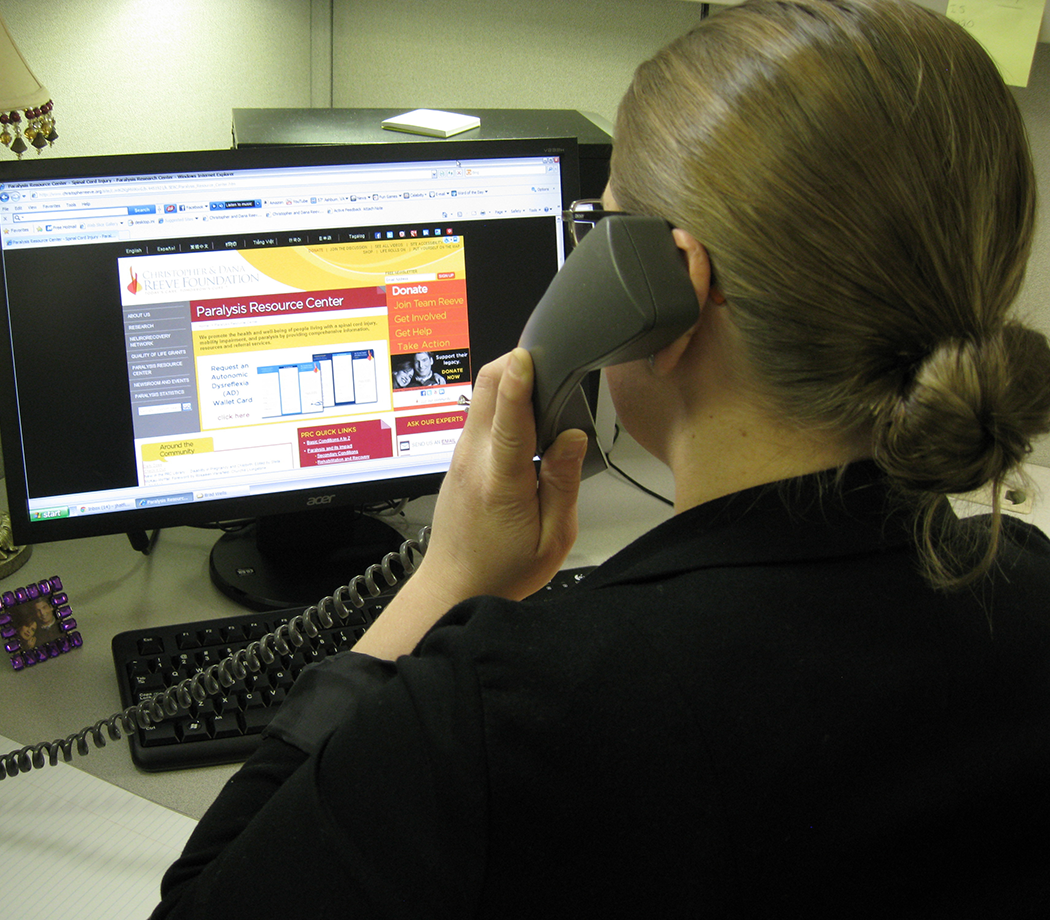
Improves cardiovascular health, mental well-being and mobility outcomes for people living with paralysis.
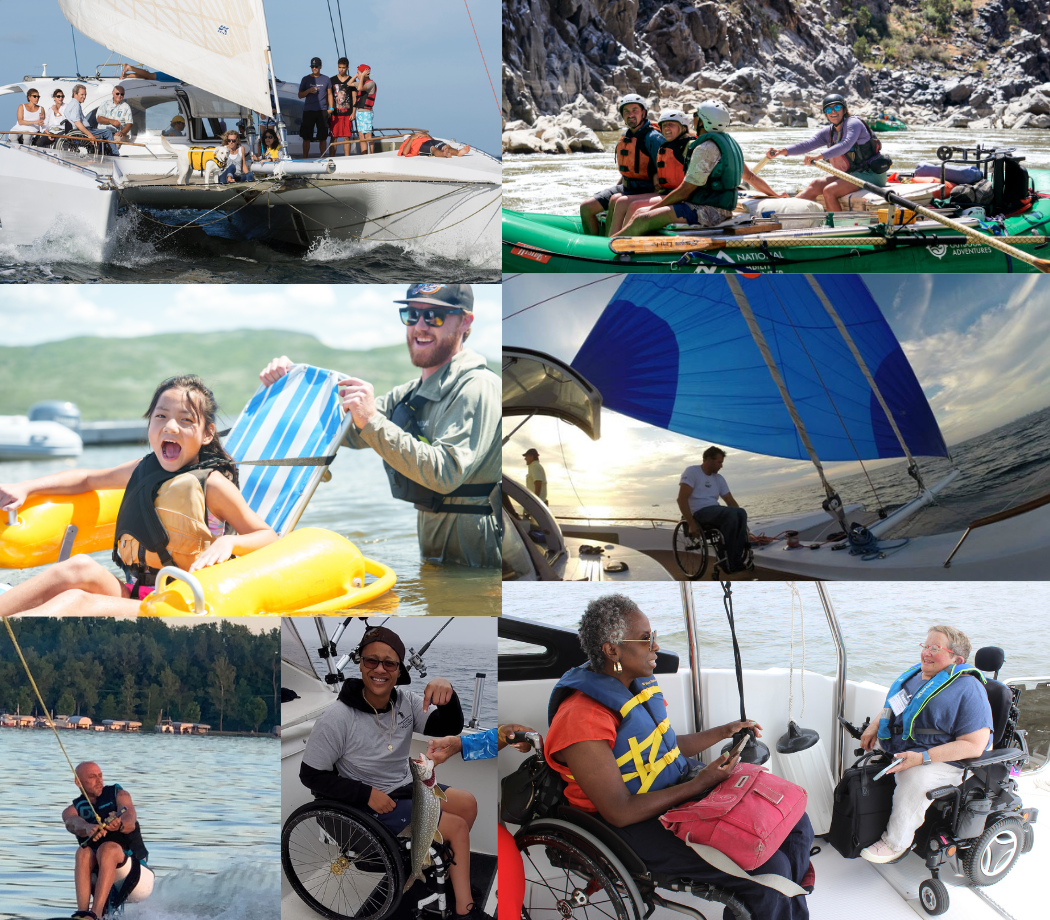

The Christopher & Dana Reeve Foundation Quality of Life Grants Program, created by the late Dana Reeve, strives to help individuals with disabilities and their families by providing grants to nonprofit organizations that improve quality of life through access, independence, opportunities for community engagement, and other life-enhancing endeavors.
Since its inception in 1999, our program has awarded a total of over $50 million to more than 4,100 projects across the United States of America. Grants have funded nonprofits, tribal entities, and municipalities for a wide array of projects, programs, and services.
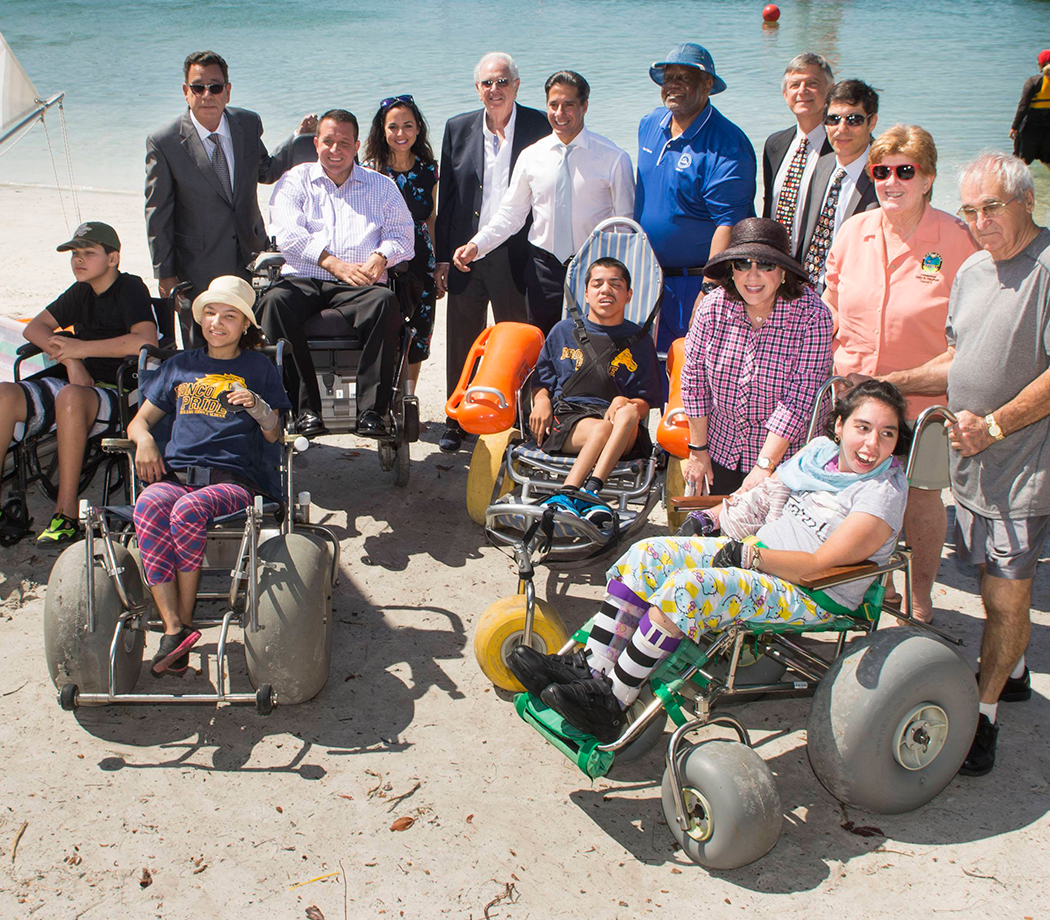
You need to have support, resources, and information to help navigate life with paralysis or care for your loved one.
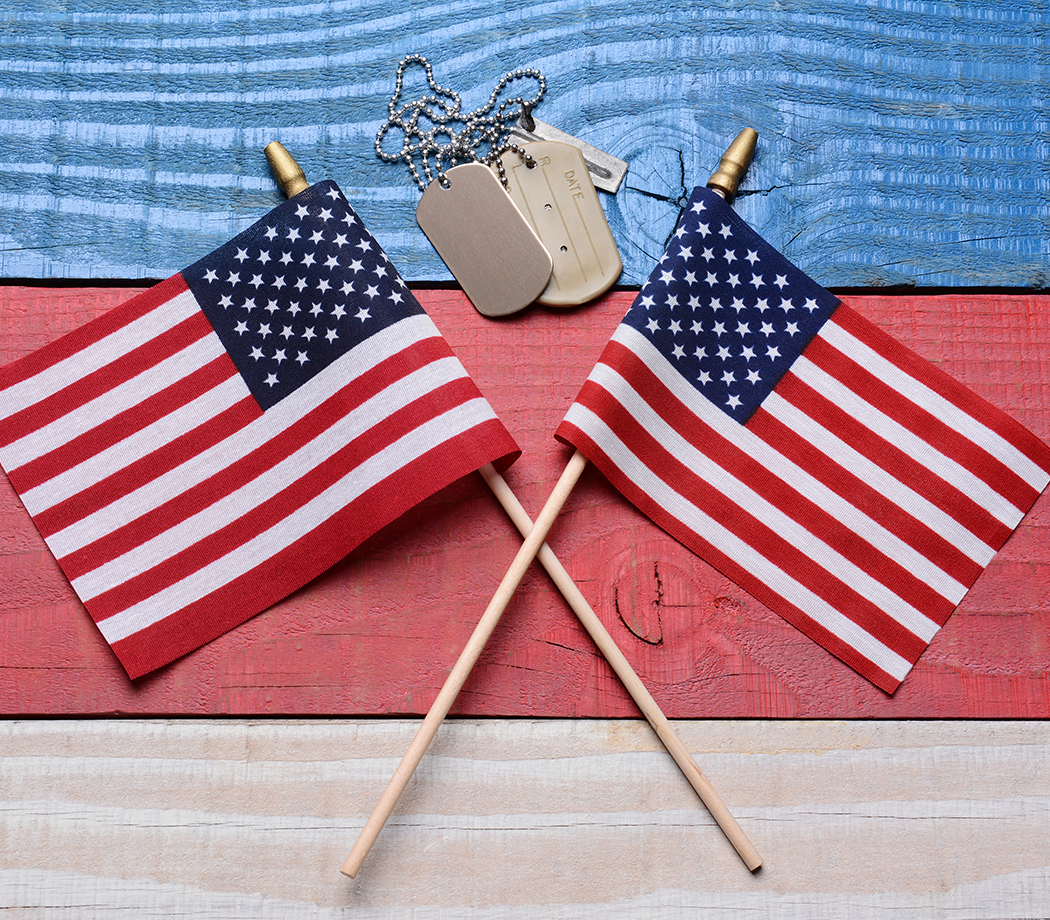
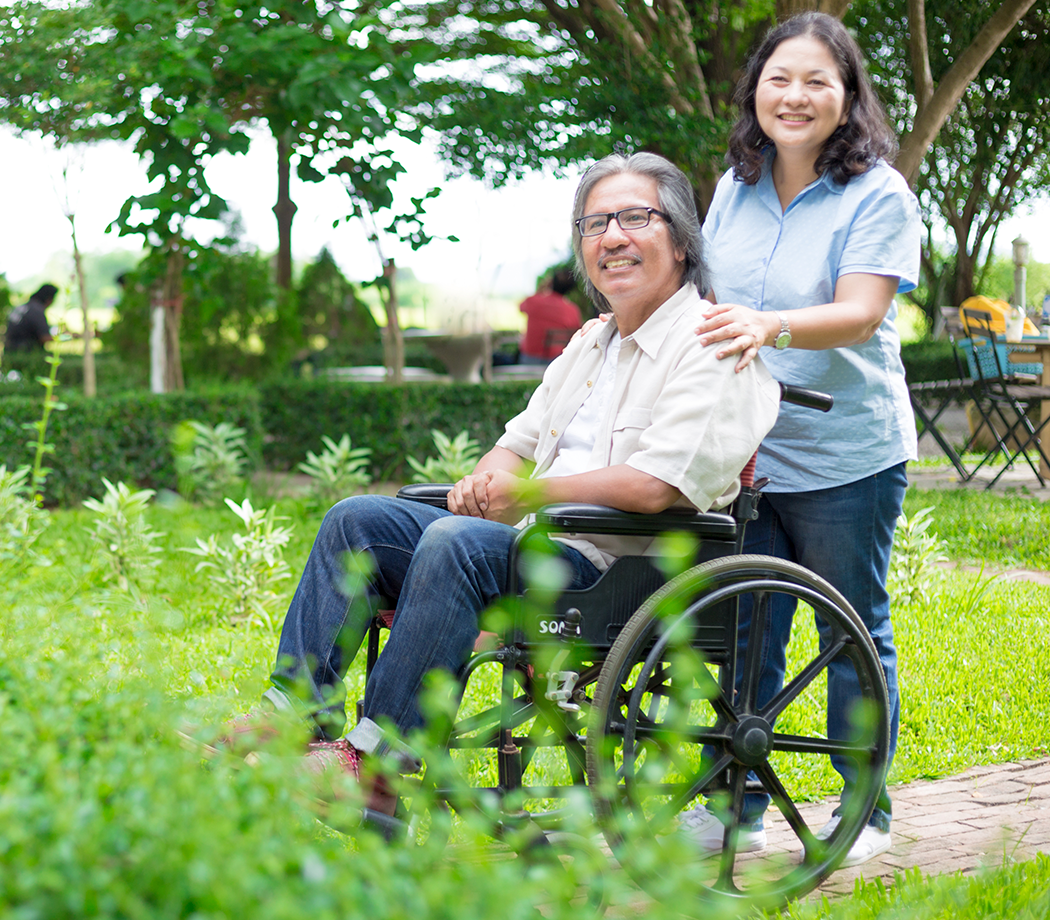
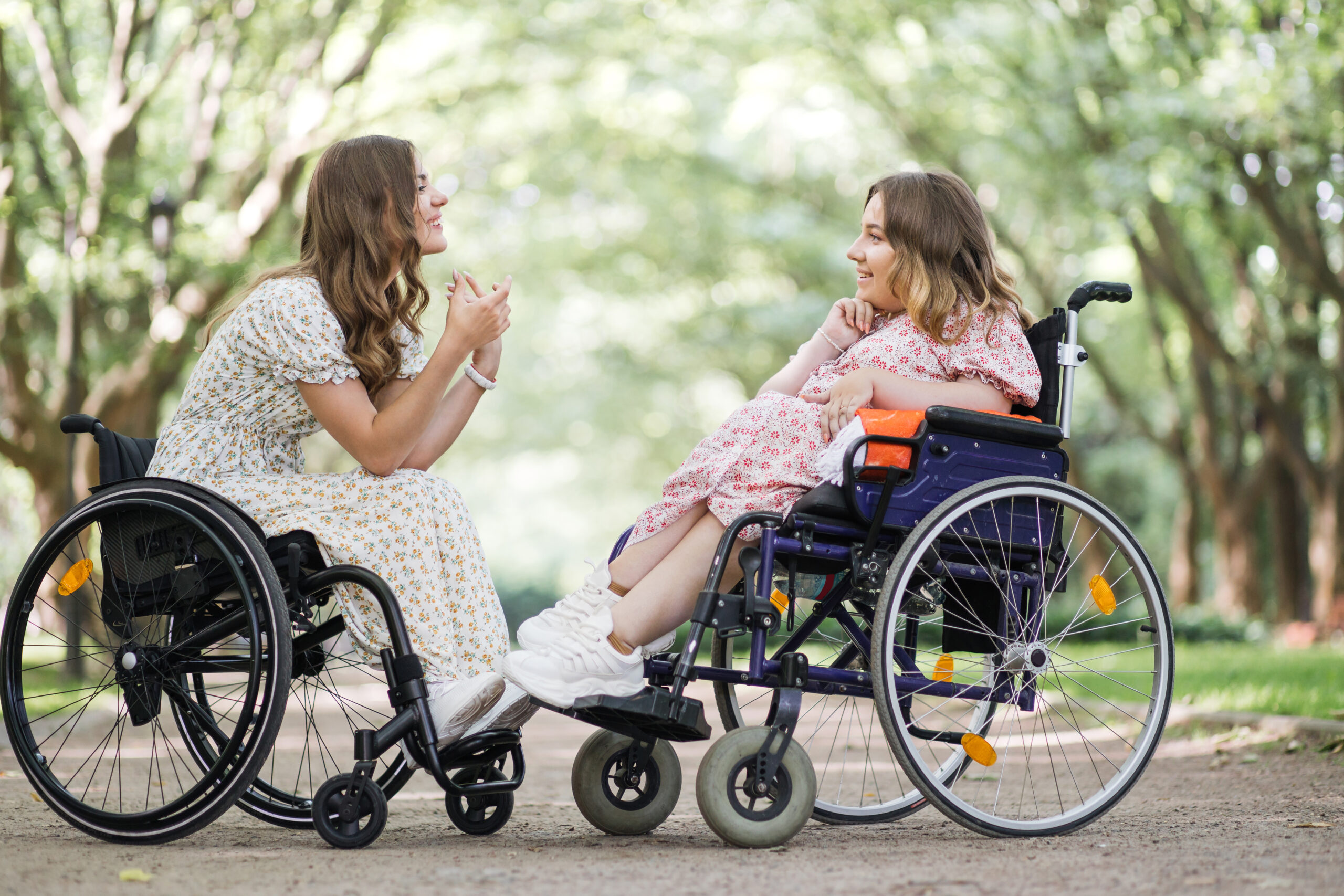
We created the Peer & Family Support Program for people living with paralysis, as well as those who care for them, to come together for hope, support, and a way forward.
Nutrition and weight management reduce the risk of secondary conditions like diabetes and heart disease.
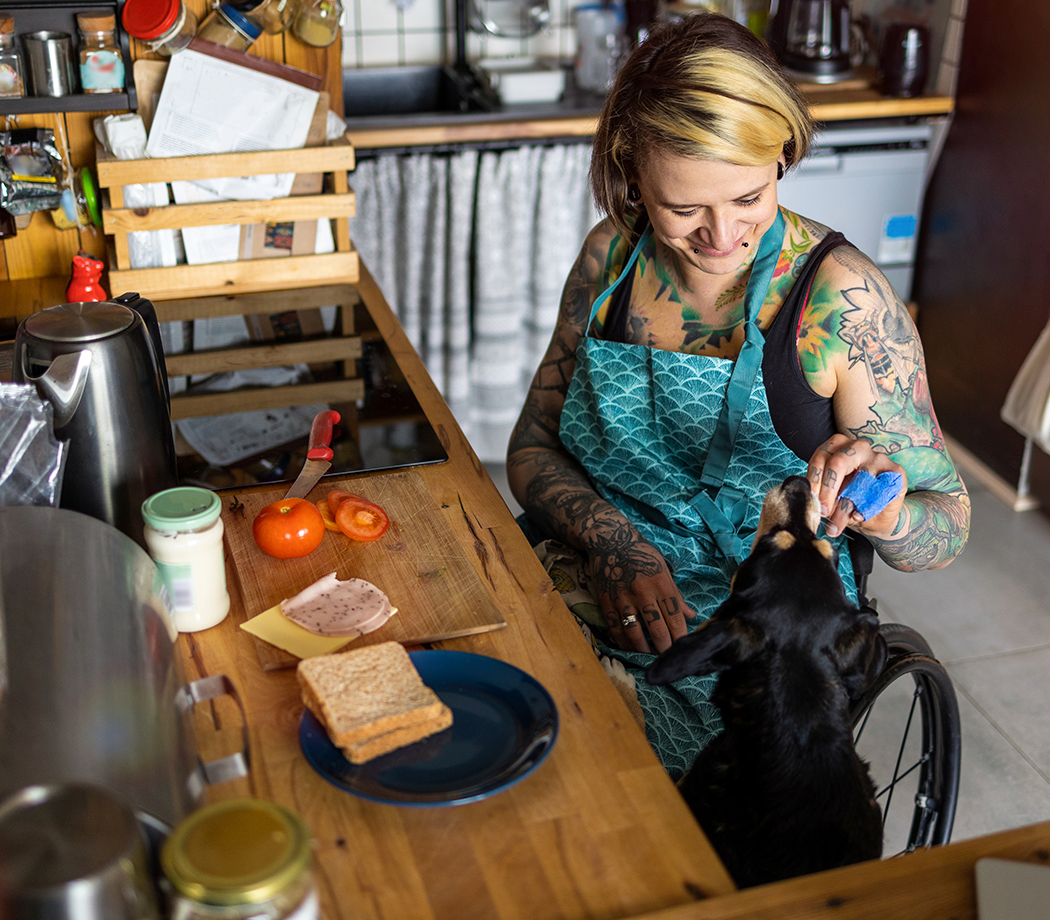

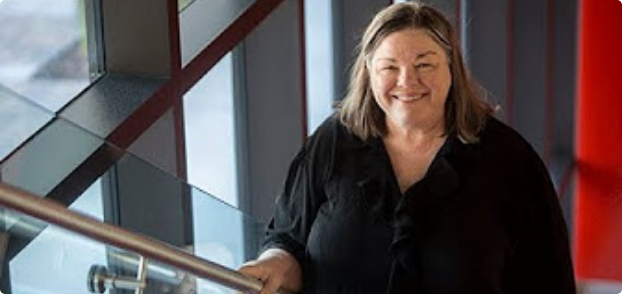
Linda Schultz is a leader, teacher, and provider of rehabilitation nursing for over 30 years. In our community, Nurse Linda is a blogger where she focuses on contributing functional advice, providing the “how-to” on integrating various healthcare improvements into daily life.
Reduces preventable ER visits and complications through early detection and management.


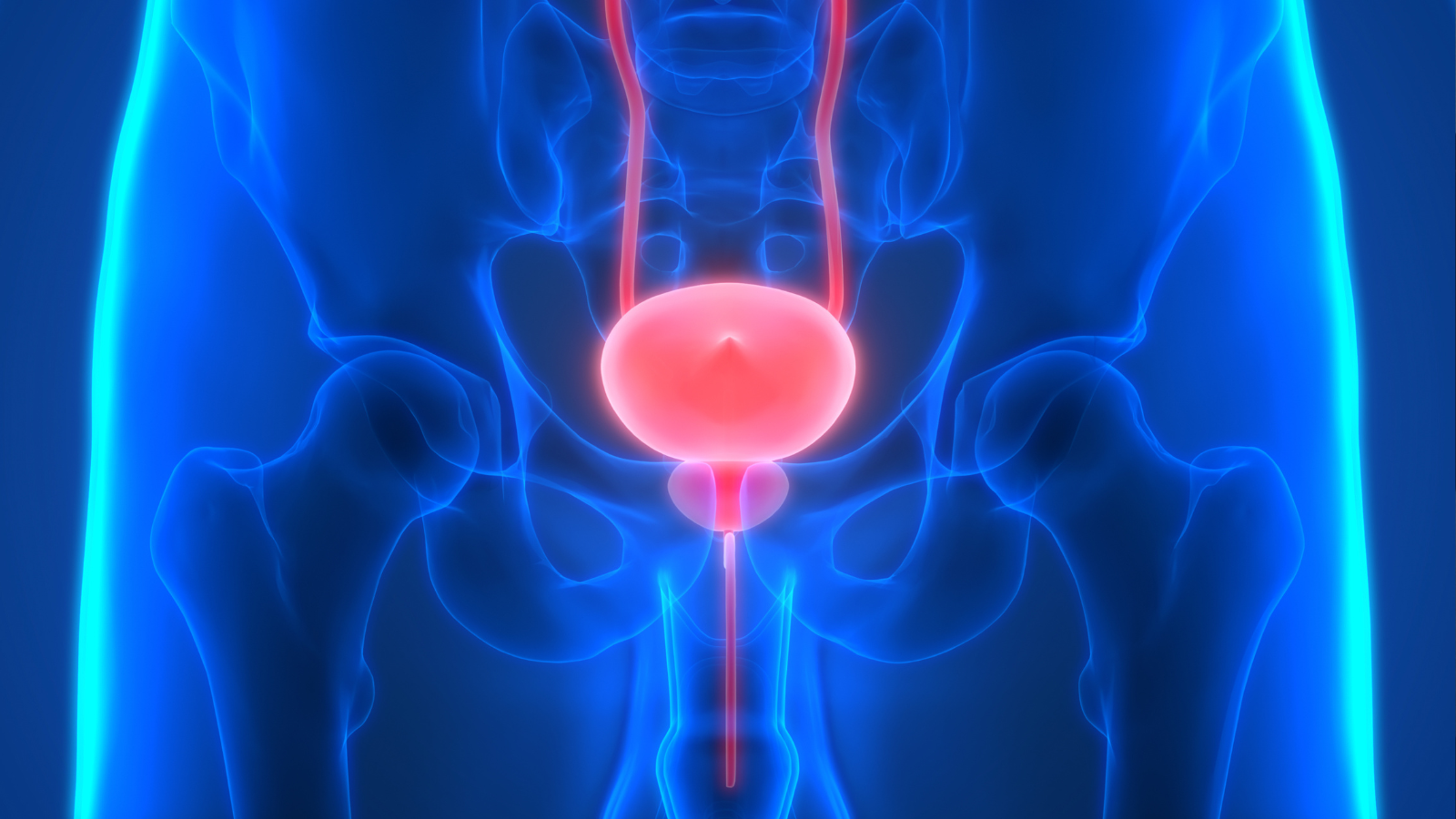
The Reeve Foundation and Kessler Foundation partnered on a pilot study to revolutionize bladder management for individuals with spinal cord injuries (SCI).
The National Paralysis Resource Center website is supported by the Administration for Community Living (ACL), U.S. Department of Health and Human Services (HHS) as part of a financial assistance award totaling $10,000,000 with 100 percent funding by ACL/HHS. The contents are those of the author(s) and do not necessarily represent the official views of, nor an endorsement by, ACL/HHS, or the U.S. Government.